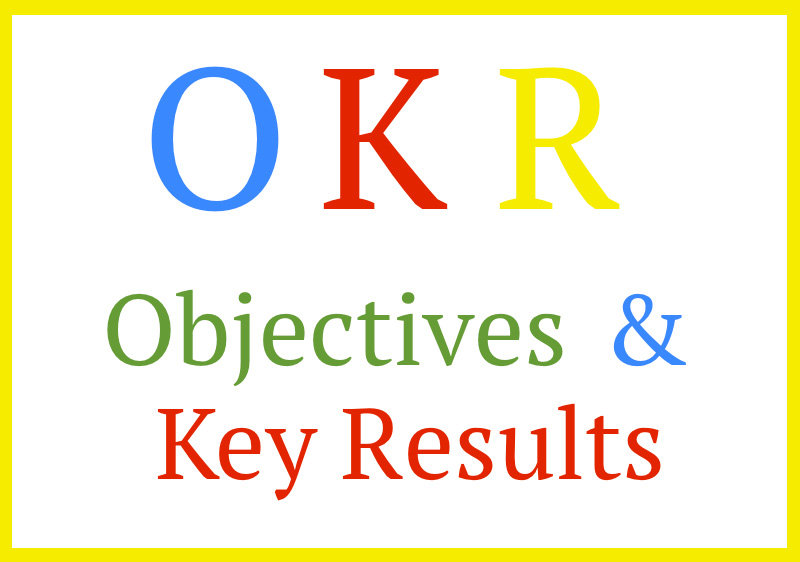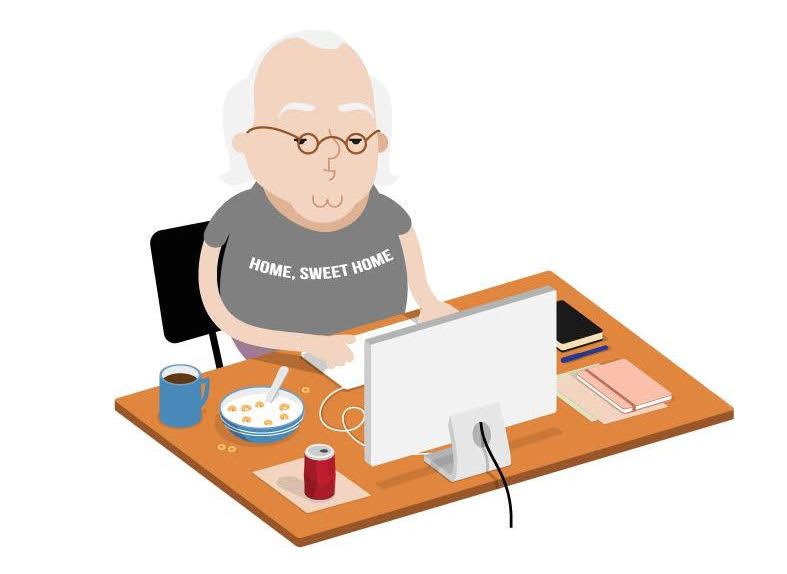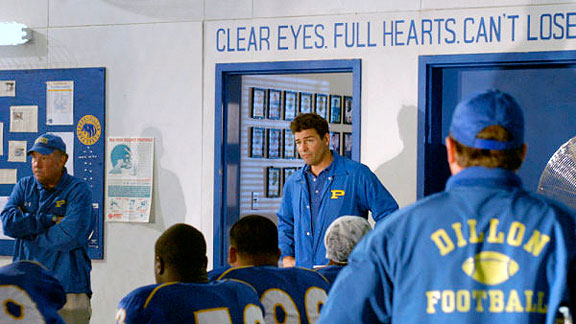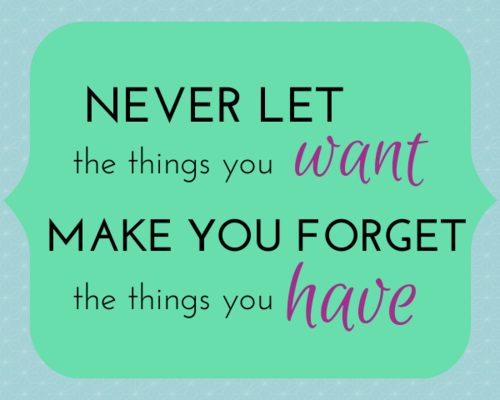
Work remote, and this conversation comes up all the time.
“You don’t even wear pants to work! Lucky!”
Some version of that.
Workers without an office are the pantsless winners in the occupational lottery, sleeping until 10 before enjoying a few hours of gleeful twirling in an office chair while wearing boxer shorts. At least that’s what the rest of the world seems to think.
In reality, remote work is a lot harder than that. In many ways it’s harder than working in the traditional office setting. It takes discipline, practice and the right kind of person to pull it off.
But unfortunately, many of us have succumbed to the stereotype. OK, maybe we’re wearing pants. But probably not the kind of pants you’d prefer to be seen in outside the house.
When you work in an office, you’re concerned about being presentable for the people around you. Even if the dress code is silicon valley casual, it’s nice if your t-shirt and hoodie aren’t stained. Or worse, smelly. It’s being polite to the people around you. Or as iconic designer Tom Ford put it: “Dressing well is a form of good manners.”
Working remote makes it easy to ignore this.
Dressing well isn’t just for other people. It makes you feel better. It helps your self esteem. It gives you confidence. It helps you feel — and thus, act — like the best version of yourself. Even if you work from home, the best version of yourself isn’t wearing dirty gym shorts and a smelly oversized sweatshirt.
The legendary writer Gay Talese works each day from a home office underneath his New York townhouse. Before going to work alone in his basement all day, Talese puts on a jacket and tie. Talese channels his Italian heritage and the phrase “La bella figura,” the beautiful figure, a reminder to put care into how one looks and composes themselves.
So maybe you’re not an 83-year-old magazine writer. Maybe you’re a 33-year-old designer. La bella figura can be a part of your life, too. You just have to find your own version of it.
It probably doesn’t include a jacket and tie. And that’s OK.
Here’s my rule of thumb on all this. I call it the waiting room rule. If there suddenly were an emergency and you had to spend the next 12 hours in a hospital waiting room (morbid, but stay with me), would you be embarrassed about what you’re wearing? If so, don’t wear it to your remote job.
You gotta find what works for you. Here’s a guide to get you started*
Read more











